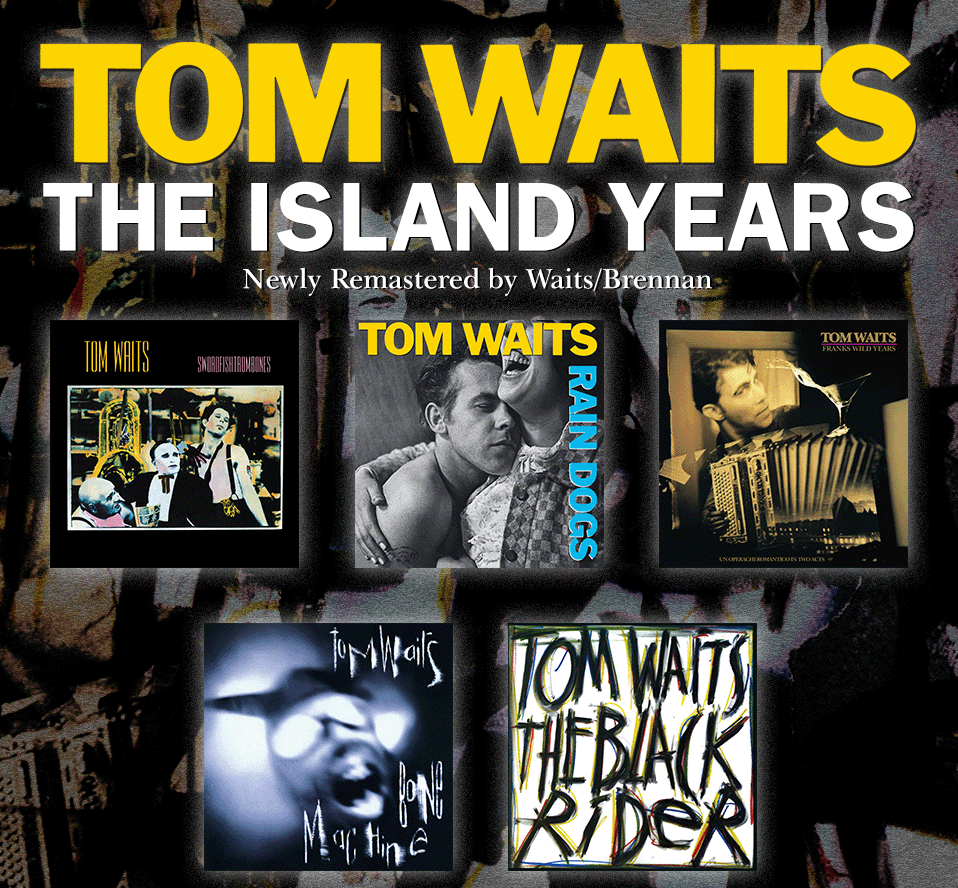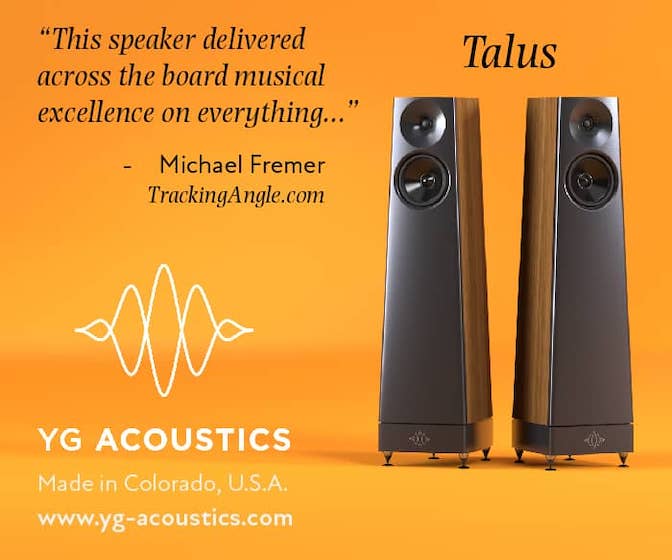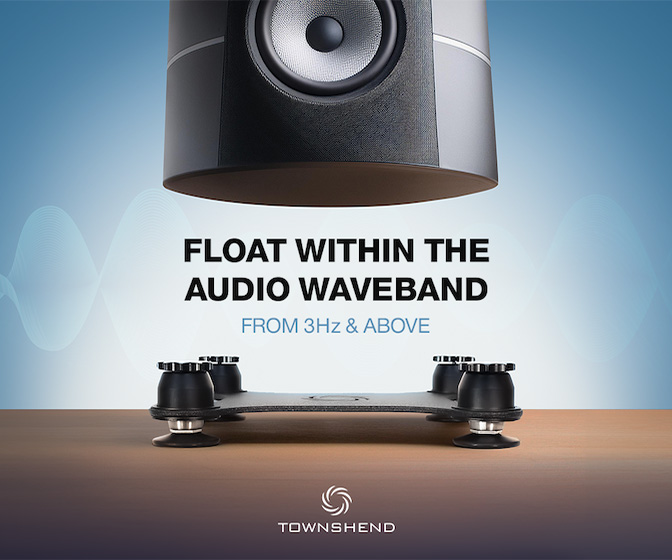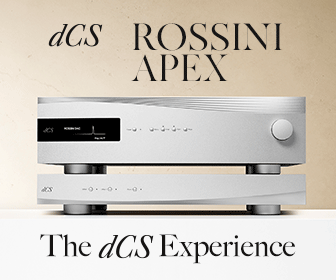A True Digital Test Coming Up: Chris Bellman Digitized @192/24 Personally Overseen By Waits/Brennan Released on Vinyl
you could say "why not just let Chris just cut from tape?"
Here's the press release:
Personally overseen by Tom Waits and Kathleen Brennan, Waits spectacular middle-period albums–released on Island Records between 1983 and 1993—have been newly remastered from the original tapes and will be reissued on vinyl and CD this fall via Island/UMe. Waits’ transformative creative breakthrough, Swordfishtrombones (1983), its sprawling and superb sequel, Rain Dogs (1985), and the trilogy-completing, tragi-comic stage musical, Franks Wild Years (1987), will kick off the series on CD on September 1, 40 years to the day that Swordfishtrombones was released into the wild, ushering in a new and critically acclaimed musical era for Waits and his longtime songwriting and production partner, Brennan. The trilogy of records will be released on vinyl on September 22.
The epic song-cycle, Bone Machine (1992) and the under-appreciated Waits (with Robert Wilson and William S. Burroughs) musical fable, The Black Rider (1993), will arrive October 6. September, incredibly, marks the 40th anniversary of Swordfishtrombones, and the 30th of The Black Rider.
Ahead of their physical releases, all of the albums are now available to stream featuring the newly remastered audio, allowing fans to hear how these landmark recordings now sound better and more vivid than ever.
Each album will be released on CD and in two vinyl options: 180-gram black vinyl and a limited edition color variant that will be available exclusively via TomWaits.com and UDiscover Music. Swordfishtrombones will be pressed on canary, Rain Dogs on opaque sky blue, Franks Wild Years on opaque gold, The Black Rider on opaque apple and Bone Machine on translucent milky vinyl.
All albums were mastered by Chris Bellman at Bernie Grundman Mastering under the guidance of Waits’ longtime audio engineer, Karl Derfler. Swordfishtrombones was sourced from the original EQ’ed ½” production master tapes while Rain Dogs, Franks Wild Years, Bone Machine and The Black Rider were sourced from the original ½” flat master tapes. Bellman meticulously transferred the tapes and then remastered the audio in high resolution 192 kHz/24-bit. The lacquers for all titles were cut by Alex Abrash at AA Mastering. The new vinyl editions will come with specially made labels featuring photos of Waits from each era in addition to artwork and packaging that has been painstakingly recreated to replicate the original LPs, which have been out of print since their initial release. Surprisingly, The Black Rider and Bone Machine were never released on vinyl outside of Europe and will be making their vinyl debut in most of the world.
These critically acclaimed works are a monument to an artist’s ability to break through into new creative territory.
Waits went from ‘70’s-era “bluesy, boozy” wordsmith and melodist with seven albums behind him to sound sculptor, miner of the subconscious, abstract orchestrator, sonic cubist—while retaining his innate lyricism, melodic invention, humanity. A rough analogy: Picasso switching from exquisite literal depictions to pouring his brain and id out onto canvas. Waits was still painting, in other words, but the frames were made of blood and bone and feathers and old carburetors.
Working with experimental composer Francis Thumm, and taking inspiration from the music of found-object composer Harry Partch—plus Waits’ friend, Captain Beefheart—the renowned singer-songwriter reinvented his sound, album by album.
As he put it in a 1983 interview: “I tried to listen to the noise in my head and invent some junkyard orchestral deviation—a mutant apparatus to drive this noise into a wreck collection.”
Not that Waits’ early albums were devoid of artistic progression. There were the piano-based jazz-folk ballads of his remarkable debut, Closing Time (just remastered for its 50th anniversary), the beat/jazzy/smokey flavor of Nighthawks at the Diner, the piano-bass-sax-drums sagas of the landmark, Small Change, the experimental tone poem, “Burma Shave,” on Foreign Affairs, the grit and grunge of the stripped-down Heart Attack And Vine… All this would stand alone as a great body of work if the man had never written another note.
But with Swordfishtrombones and the albums that followed, Waits shifted gears, or rather, deliberately ground them. New York Times music critic Stephen Holden wrote: “Miles away from the (music) he used in the ‘70s to evoke the wrong side of the tracks, his evolved style is an abrasive, lurching honky-tonk that at its most adventurous suggests a fusion of Captain Beefheart's Dadaist extensions of the delta blues with the Kurt Weill of 'Threepenny Opera.'”











































